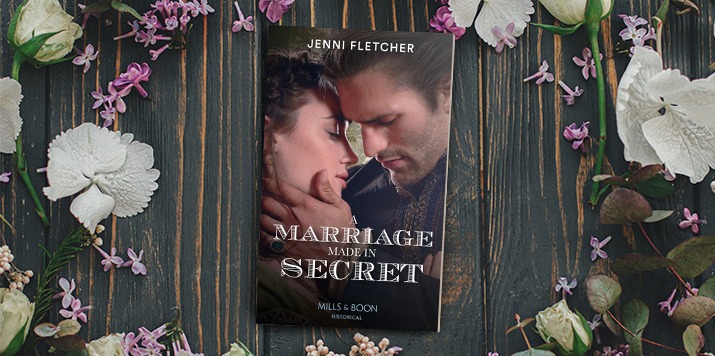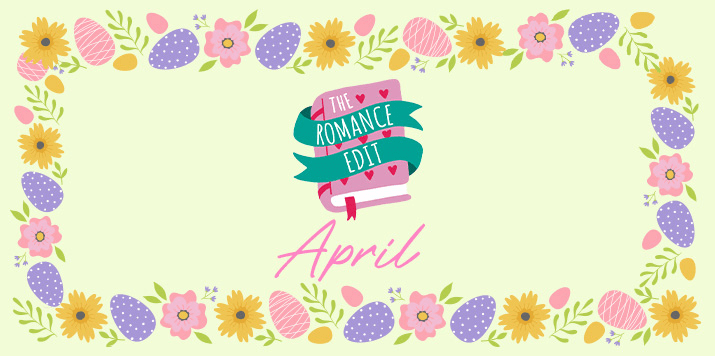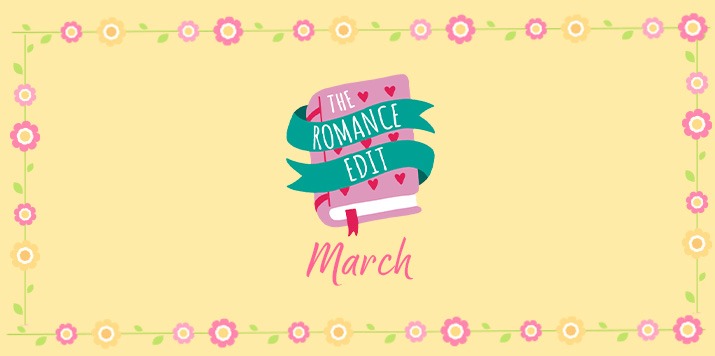Saturday the 12th of June is Queen Elizabeth II’s official birthday and to celebrate, we’ve invited Jenni Fletcher onto our blog to talk about the legacy of Great British Queens.
*
12th June is the Queen’s second birthday. Not her real birthday, which I always remember as 21st April because it’s the same day as my mum’s, or the day she became queen 69 years ago, or even the day she was crowned, but the official one to celebrate the birthday of the British monarch, marked by the Trooping of the Colour. Writing now, it seems completely normal to have a queen and yet she’s only our sixth (or eighth if you include Empress Mathilda and Lady Jane Grey) compared with more than 40 kings since 1066.
Of course, that’s not the whole story. There have been plenty of other queens, consorts who’ve stood dutifully (or not) beside their royal husbands, whose names aren’t as well remembered as Mary or Elizabeth or Victoria, but to me have always been SO MUCH more interesting!
No disrespect to the queens who inherited power directly, but since their lives are already pretty well documented, they’re a little lacking in mystery. Whereas names like Eleanor of Aquitaine, Margaret of Anjou, Berengaria (the only English Queen never to have set foot in England), Anne Boleyn and Henrietta Maria exert this strange kind of pull on my psyche.
For me, these women have a pseudo-mythological status. Contemporary chroniclers might not have written a great deal about their personalities except to praise them as paragons of virtue or condemn them as unnatural viragos (there isn’t much middle ground), but at least we know they existed. Where so many women’s identities and voices have been erased from history by a controlling male narrative, these queens are still there whether the narrative wants them to be or not. Even Henry VIII couldn’t write all of his rejected queens out of history. The result is, we’re still rediscovering these women, finally getting to know them hundreds of years after they lived.
My new book, A Marriage Made in Secret, developed out of my interest in one of the viragos, arguably the most despised Medieval queen consort of all, Isabella of France (c1295-1358), whose terrible reputation made the next few centuries pretty difficult for all the queens who came after her. She definitely wasn’t dutiful, although she gave a pretty good performance of it for the first 20 years of her marriage, after which she led a rebellion against her husband Edward II, set her son in his place and then ruled England in his stead. And she almost, but not quite, got away with it.
Writing about her, and her daughter-in-law Philippa of Hainault, was a challenge, partly because I didn’t want to fall into the trap of making one queen good and the other bad, and because writing about any real person is a big responsibility. You want to be accurate and fair, but ultimately it’s impossible to separate rumour from reality. No matter how much research you do, at a certain point, you have to take an imaginative leap and hope you land somewhere in the right area.
Isabella is really a secondary character in my book, which revolves mainly around her lady-in-waiting, Mathilde, and an illegitimate spy, Henry, and yet I’ve found that I’m even more interested in Isabella now. Usually I can’t wait to move onto the next story, but instead I’m thinking of a sequel following her into exile at Castle Rising in Norfolk. I don’t know if I will because I might easily get distracted by say, Anne of Denmark, but of all the women I’ve written about, Isabella’s the most enigmatic, intimidating, frightening and fascinating. Ultimately, no matter how bad she was (and she probably was), she deserves to be better known. All of our neglected queens do and it’s about time we met them.
*
Pre-order A Marriage Made in Secret by Jennie Fletcher today!



